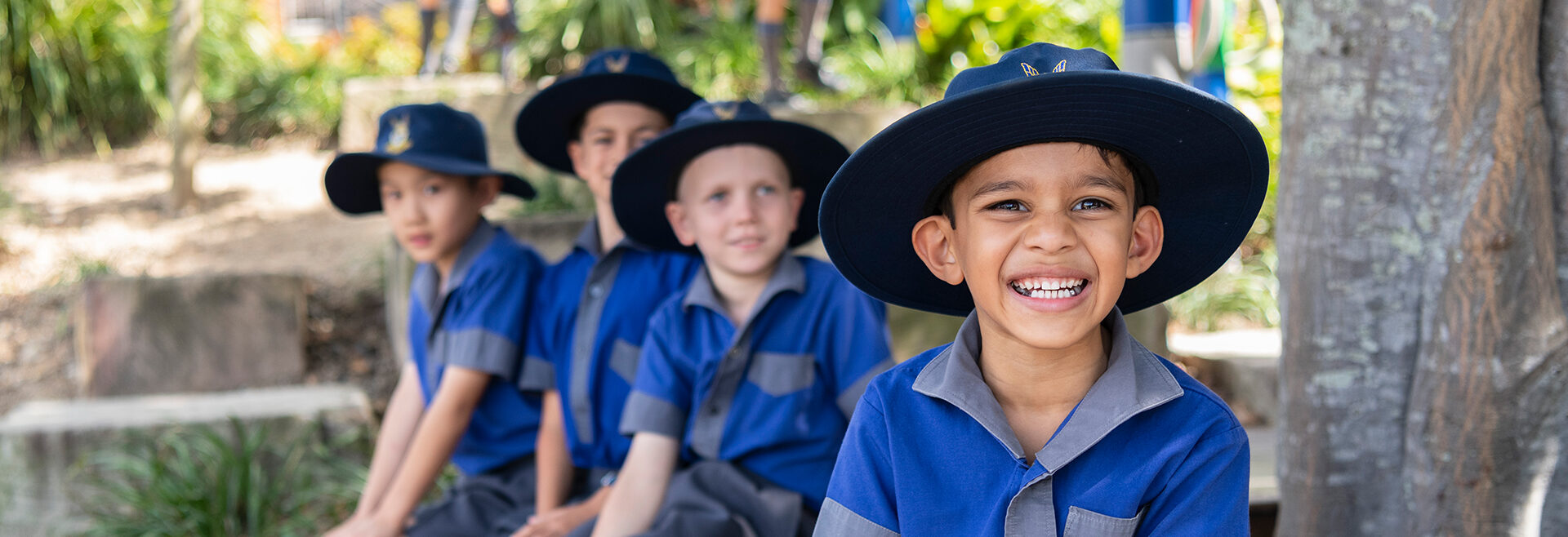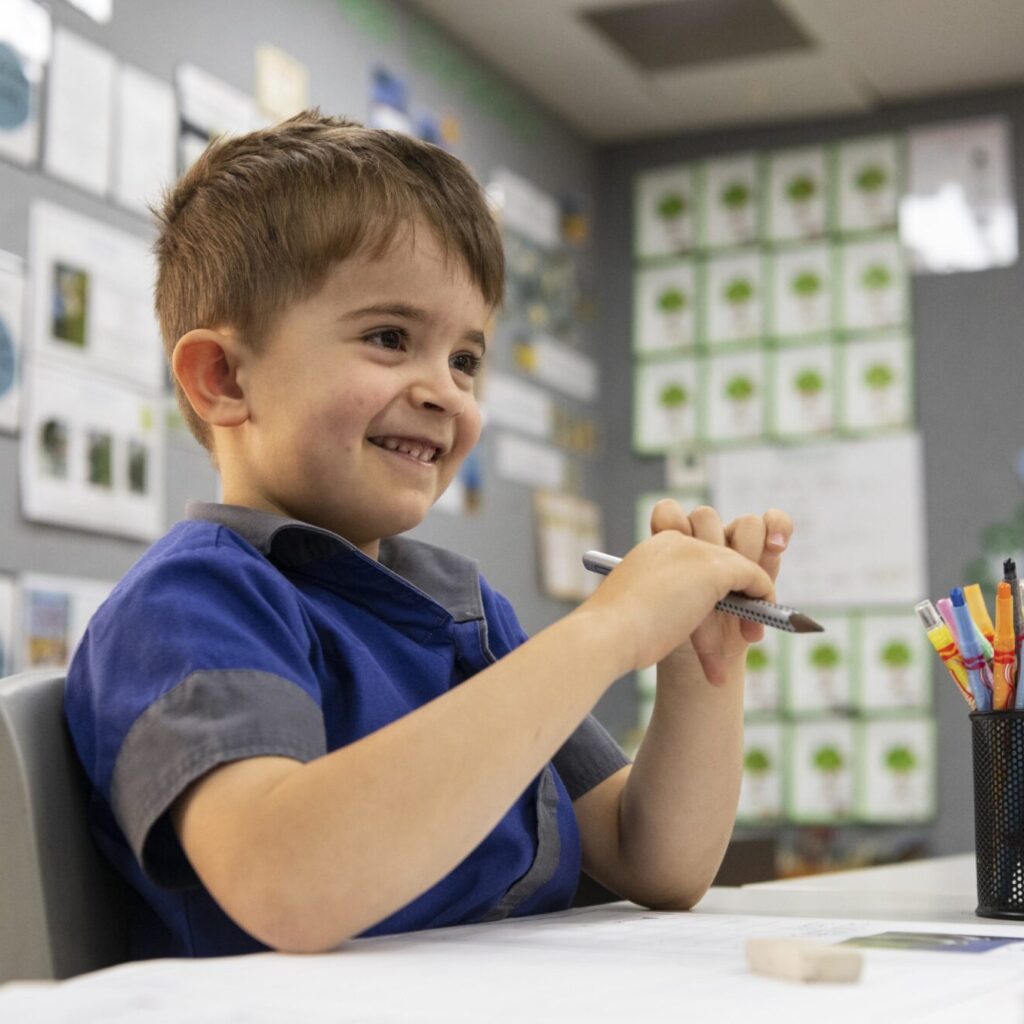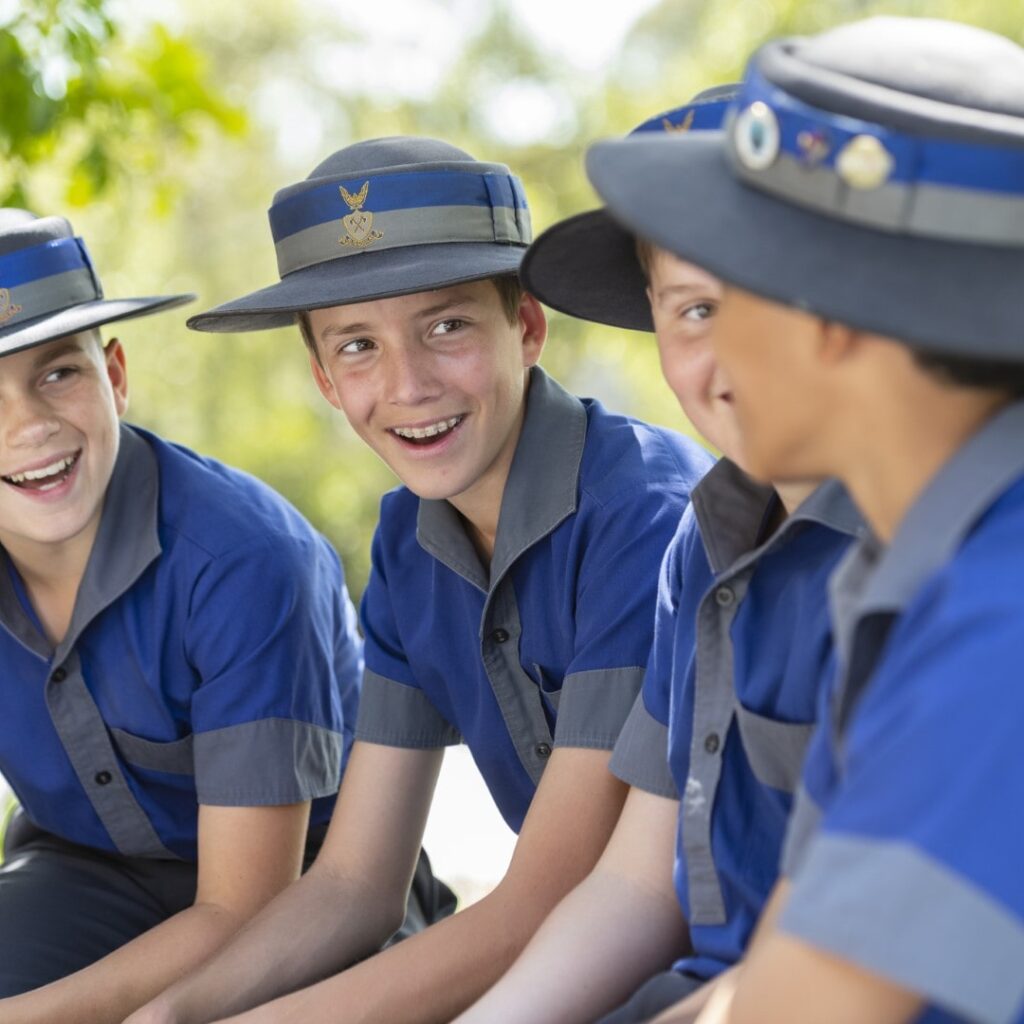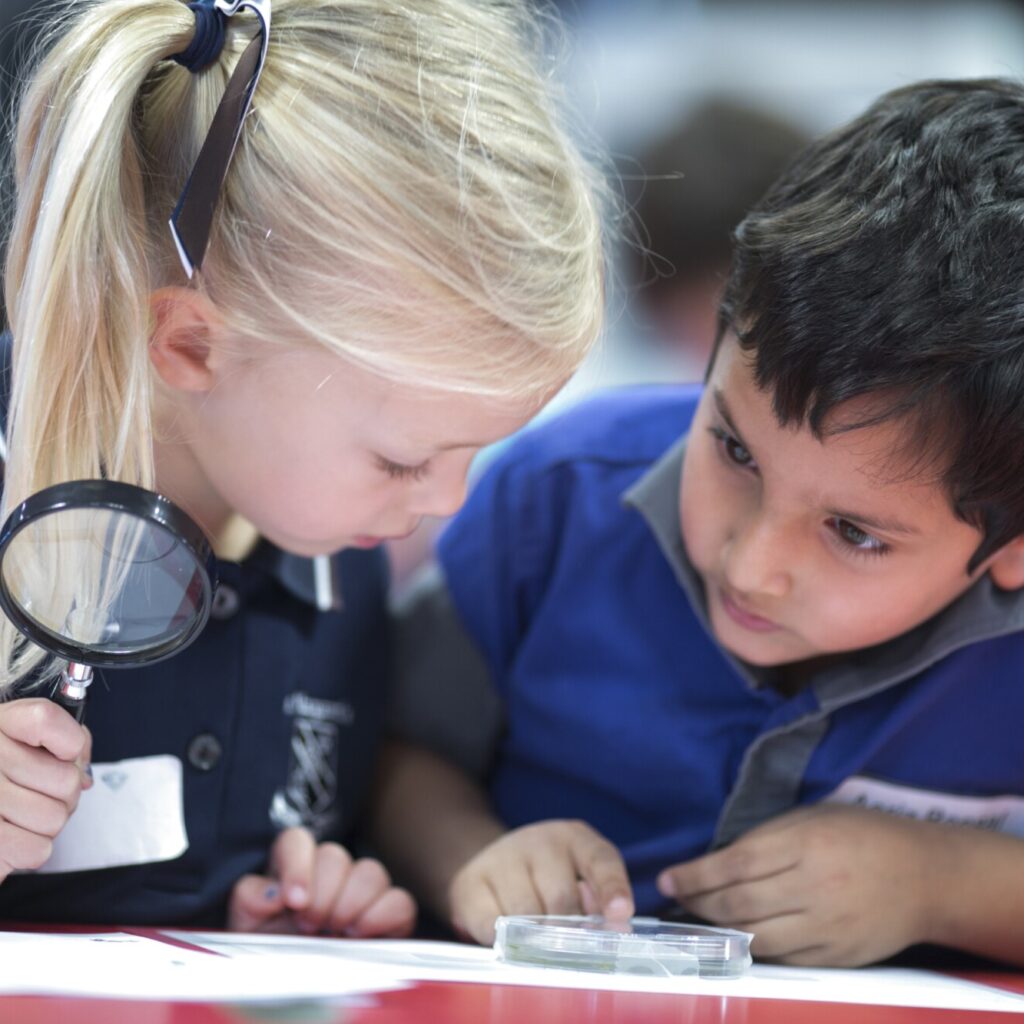A multi-faceted approach
to pastoral care
Each student is a member of a class whose teacher is the chief pastoral carer for that class.
Pastoral care teaching is both programmed and taught in response to evolving contexts within the class group. Class teachers are supported in their pastoral role by a team leader and by the Head and Deputy Heads of Preparatory School, the Prep Dean of Study and the Prep School Lay Chaplain, all of whom work with teachers, students, parents and, at times, other agencies to provide pastoral care for the students.
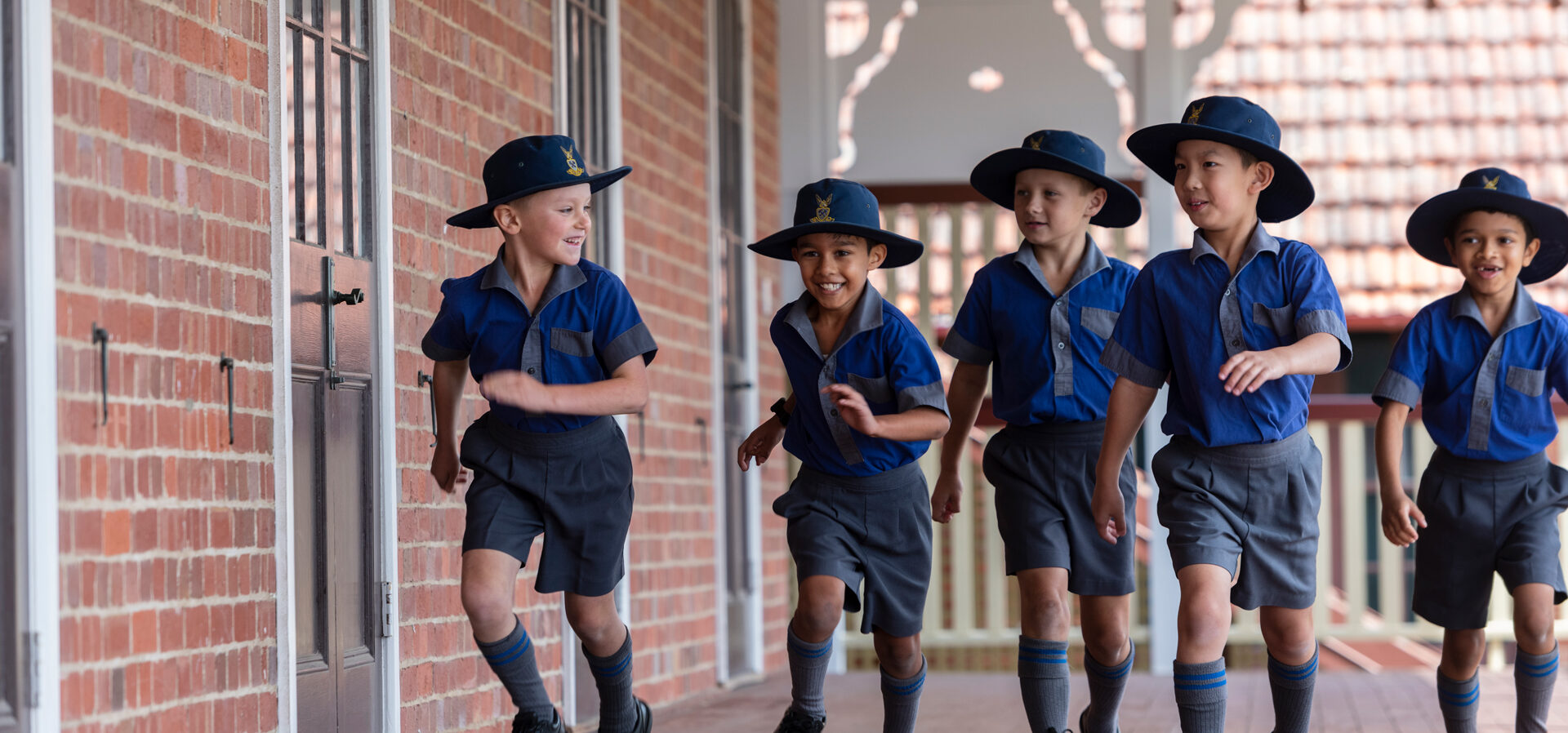
Pastoral care
Students are also supported by Churchie’s School Chaplain, Educational Psychologist and Prep School Guidance Counsellor. Support in the Prep School usually includes personal, spiritual and emotional support.
Additionally, the Prep School values and associated social skills are taught daily, and an outdoor education programme sequenced from Year 3 to Year 6 helps the students to develop independence, responsibility, collaboration, relationships and resilience.
As an IB World School delivering the IB Primary Years Programme (PYP), each year level studies a unit of inquiry under the transdisciplinary theme of ‘Who we are’. This transdisciplinary theme is an investigation into the nature of the self; beliefs and values; personal, physical, mental, social and spiritual health; human relationships including families, friends, communities, and cultures; rights and responsibilities; and what it means to be human. This learning is relevant to the pastoral care of the boys in the Prep School. Matters of pastoral care are also discussed and managed using the framework of the IB learner profile and the PYP attitudes.
